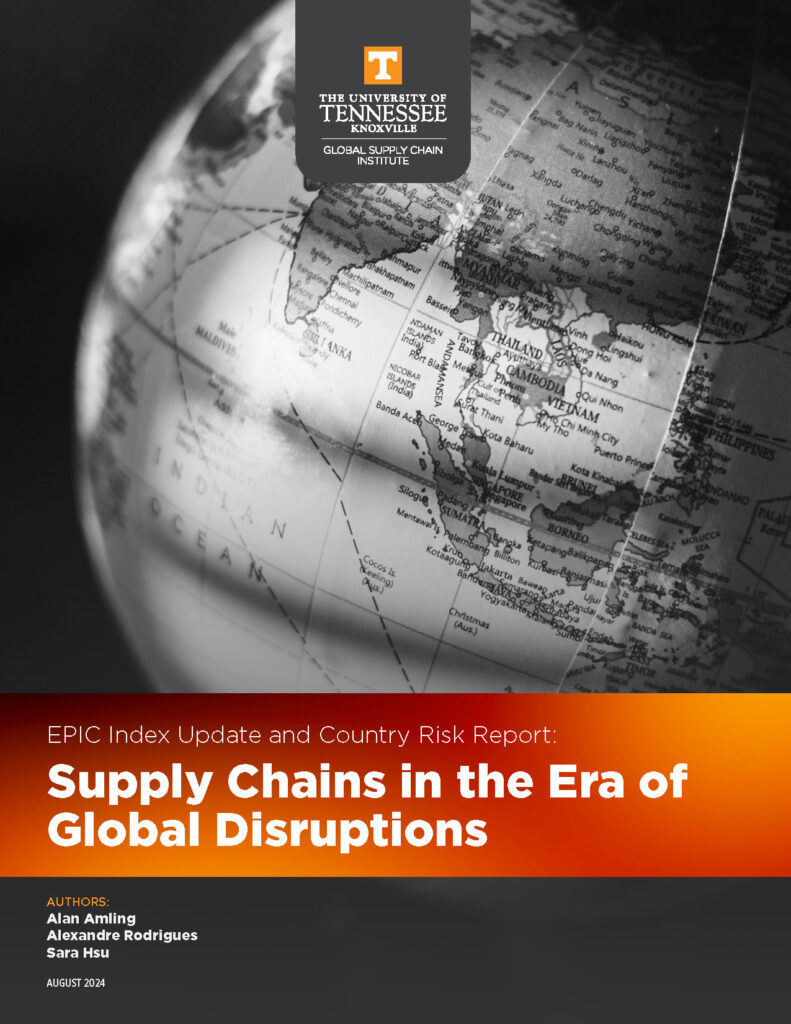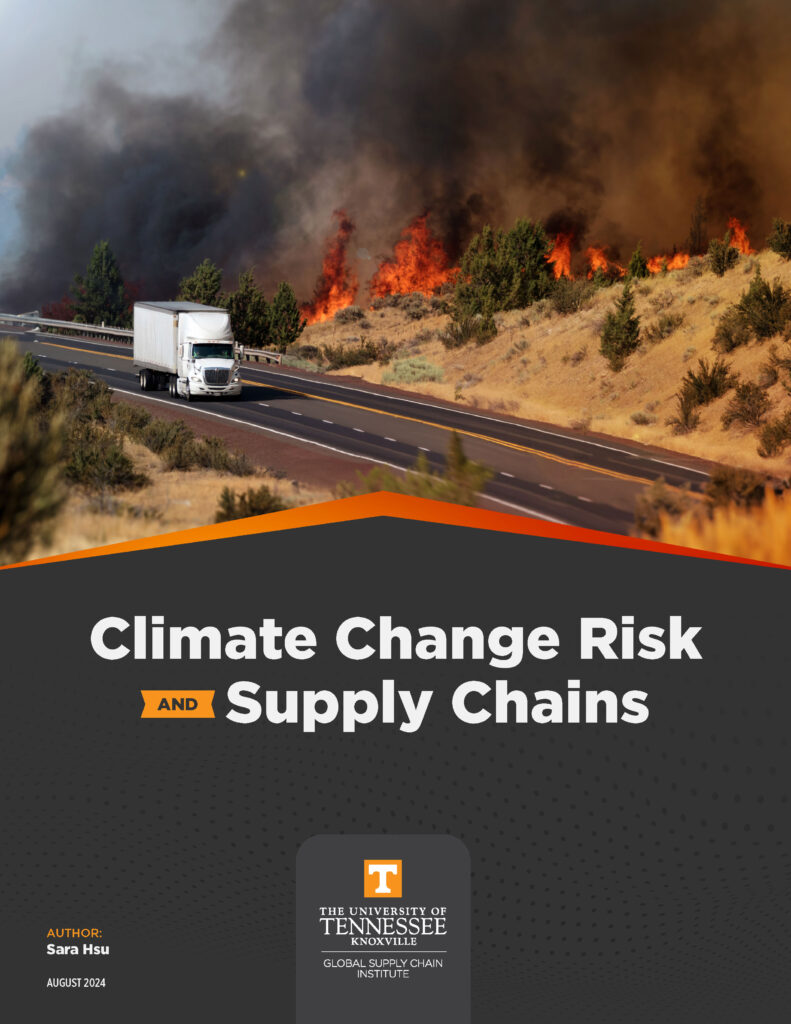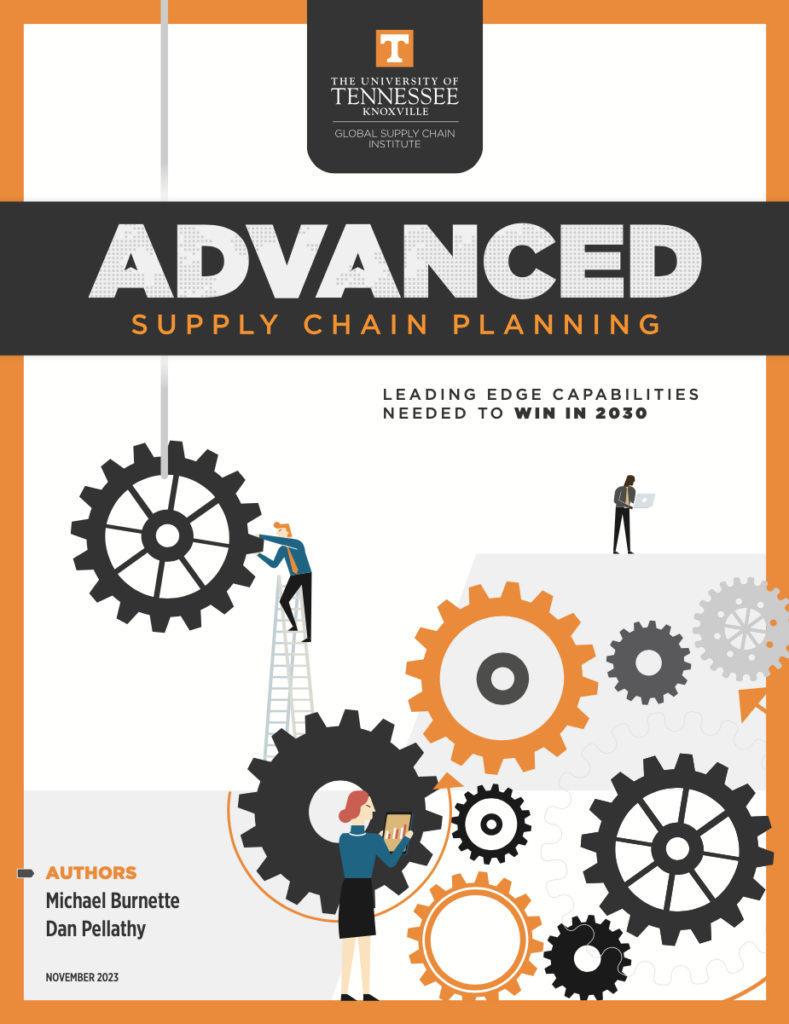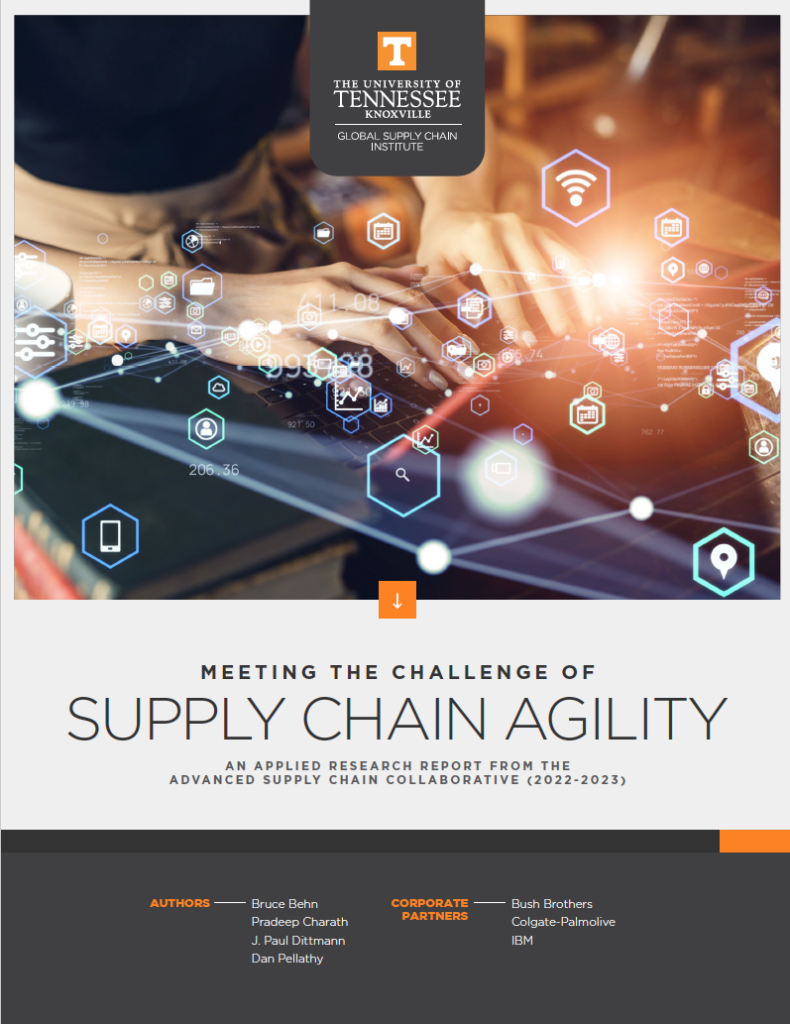ASCC

EPIC Index Update and Country Risk Report
Managing Risk in an Era of Global Supply Chain Disruptions
Present-day global supply chains face unprecedented risk. From environmental and climate-driven disruptions to geopolitical and regulatory requirements, today’s supply chain professionals must juggle economic and financial challenges as well as a variety of operational and technological disruptions. COVID-19 only highlighted the critical end-to-end supply chain risk mitigation challenges that supply chain managers have dealt with for decades. This white paper provides critical insights into modern-day global supply chain risks and an update to the EPIC Index originally published in 2014. Read on to see how this framework helps businesses assess supply chain readiness across economic, political, infrastructural, and competence perspectives.

Climate Change Risk and Supply Chains
How to Manage and Mitigate Climate-Related Supply Chain Challenges
With the frequency and intensity of extreme weather events increasing, supply chain managers and leaders face significant challenges. Climate change and recent natural disasters, such as Hurricane Ian, have caused substantial disruptions in operations and logistics, highlighting the vulnerability of supply chains. To address these supply chain challenges, professionals must ensure the resilience of their current supply chain operations globally while adopting smart future-proof strategies. This white paper provides valuable insights into climate change risk mitigation as well as a Climate Change Index to help your team make informed strategic decisions.

Leadership Development for Tomorrow’s Supply Chain Planning Professionals
Supply Chain Training and Talent Considerations for the Next Generation of Leaders
Supply chain planning is central to the strategic initiatives and goals of modern-day businesses. The demand for competent supply chain professionals is higher than ever. Demand will only grow as supply chain leadership leans heavily on planners to manage change, navigate new technologies, and manage ambiguity with flexibility and skill. This white paper is the product of a year-long engagement with senior supply chain leaders. Its key findings and core competencies provide businesses with the tools to ensure success in developing supply chain planning talent for the future.

Advanced Supply Chain Planning: Leading Edge Capabilities for Future Success
A Must-Read for Today’s Supply Chain Planning Manager
For the past decade, companies have faced unprecedented supply chain challenges. In response, supply chain planning emerged as a critical priority for business leaders responding to pressures and leading transformation. This white paper explores how companies can develop a robust supply chain planning foundation today and presents seven advanced planning capabilities they will need for competitive success in the future.

Meeting the Challenge of Supply Chain Agility
An Introduction to Supply Chain Agility and the Challenges Facing Today’s Companies
Leading companies are pursuing agile strategies, investing in digital, process, and physical capabilities that enable a rapid response to change. However, most organizations either misunderstand or rarely realize supply chain agility to their benefit. This applied research report was conducted in collaboration with Bush Brothers, Colgate-Palmolive, and IBM and introduces the concept of supply chain agility for business leaders and industry professionals. It provides a deep dive into the central challenges managers face in enhancing supply chain agility and offers practical advice for overcoming these obstacles.

Last Mile, Reverse Logistics, and the New World Order in E-Commerce Delivery
How to Deliver on the Modern Consumer's Demands
According to Shopify, “a successful last mile experience makes up 53% of total supply chain costs and comes with its own set of challenges.” While challenges associated with last mile logistics are high, consumer expectations are higher. Following the global shake-up in shipping and supply chain management caused by COVID-19, consumers now expect shipped goods to arrive fast and free. This has forced supply chain leaders to innovate, pivot, evolve e-commerce methods, and deliver in ways they hadn’t before. To help business professionals better understand the shifting last mile and reverse logistics landscape, researchers working with the Advanced Supply Chain Collaborative investigated this area as society’s emerged from the pandemic.